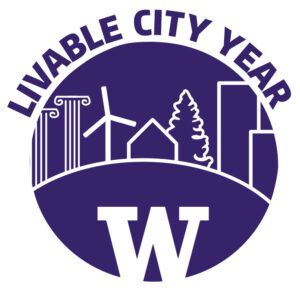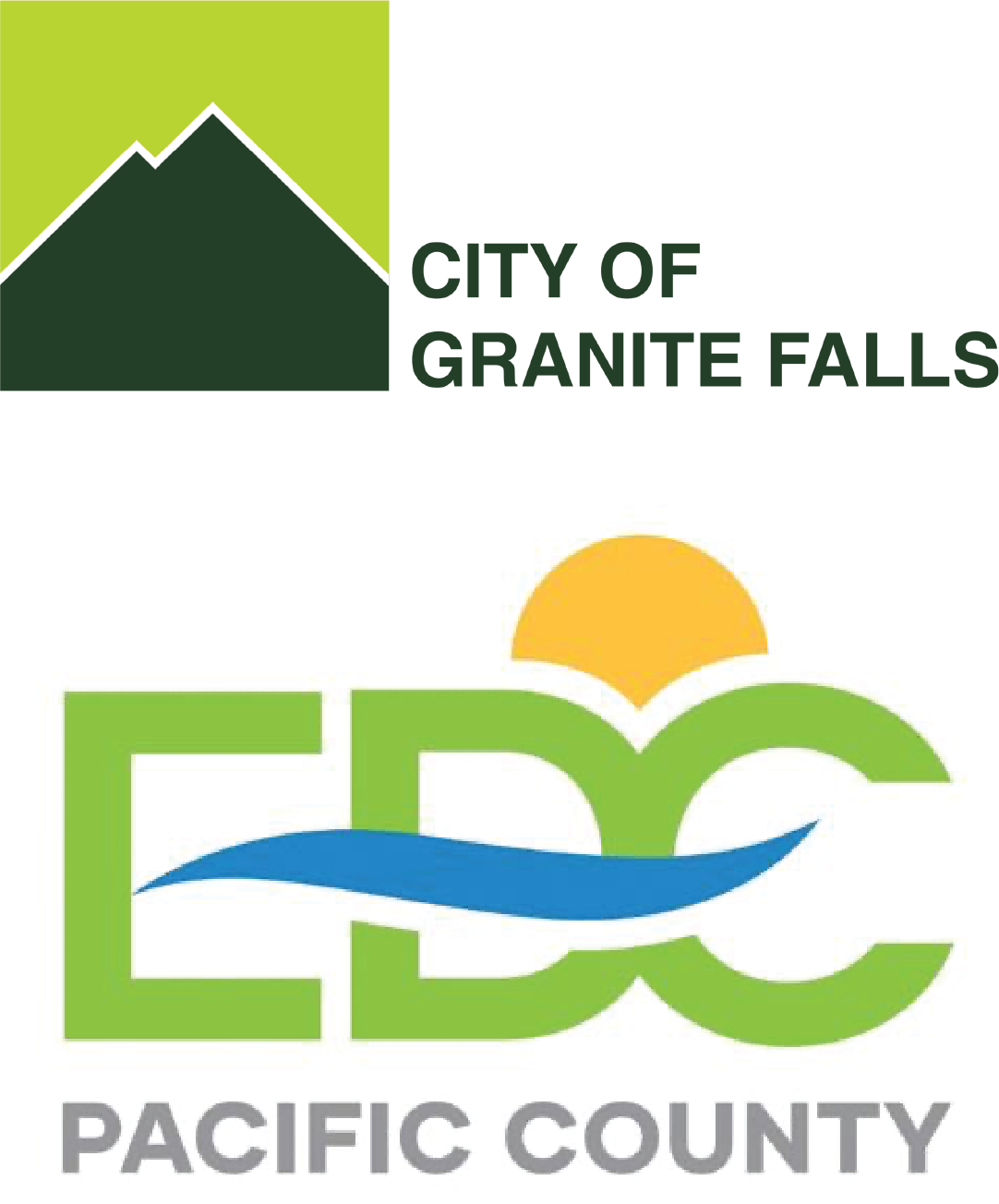January 6, 2020
UW’s Livable City Year program announces new opportunities for small cities
Recent changes to the University of Washington’s Livable City Year (LCY) program will make it easier for small cities to partner with UW faculty and students on community-based projects. The changes will allow small communities to engage with the university on a manageable scale while ensuring that the overall impact provides lasting benefits to these communities.
The LCY initiative creates productive partnerships between the University of Washington (UW) and local governments. The program links the resources and human capacity of UW students and faculty — drawing across a range of UW schools, colleges, and all three UW campuses — to address multiple priority projects identified by the community partner.
The program’s changes are structured to reduce the annual cost for small cities while still ensuring a significant and meaningful impact within the partner community.
“We’ve taken into consideration what we’ve heard from smaller towns — as well as larger — about both costs and timing. In light of those concerns, we are moving to a new format for both counts,” said Branden Born, LCY faculty co-director.
The program’s structure has changed in several significant ways. First, the program is inviting small cities to conduct as few as three to five projects per year under the partnership. Partnerships with small communities will extend over two to three years so that the community will still receive the same level of meaningful impact for which the LCY program is known. (Previous LCY partnerships have all been with cities with populations exceeding 80,000 and have involved 17-30 projects over one year.)
“We are excited to be able to reduce overall costs to communities while maintaining deep and meaningful relationships with them,” said Jennifer Otten, Livable City Year faculty co-director. “These changes will also allow us to work with more communities in our region.”
In addition, the program is announcing a rolling admissions cycle and the opportunity for partner cities to begin projects in Autumn, Winter, or Spring quarters. This flexibility is designed to support different budget cycles across the region and allow more communities to participate each year.
Cities interested in a Livable City Year partnership should contact the program office at uwlcy@uw.edu, or call 206-221-9240.
Since announcing this new format last Autumn, the LCY program has initiated its first small-city partnership with the City of Sultan, population 5,194, which is located in Snohomish County along US Route 2. The LCY program has additional capacity for community partnerships for the 2019–2021 academic years.
UW’s Livable City Year program launched in the 2016–2017 academic year, with 17 projects completed with the City of Auburn (population 81,905), the inaugural partner. The program completed 27 projects for the City of Tacoma (population 216,279) in 2017–2018, and 30 projects for the City of Bellevue (population 147,599) in 2018–2019.
UW’s Livable City Year (LCY) program is led by faculty co-directors Branden Born (Urban Design and Planning) and Jennifer Otten (Environmental and Occupational Health Sciences). The program launched in 2016 in collaboration with UW Sustainability and Urban@UW, and with foundational support from the College of Built Environments, the Department of Urban Design and Planning, Undergraduate Academic Affairs, and the Association of Washington Cities.
The program is modeled after the University of Oregon’s Sustainable City Year Program and is a member of the Educational Partnerships for Innovation in Communities Network.



